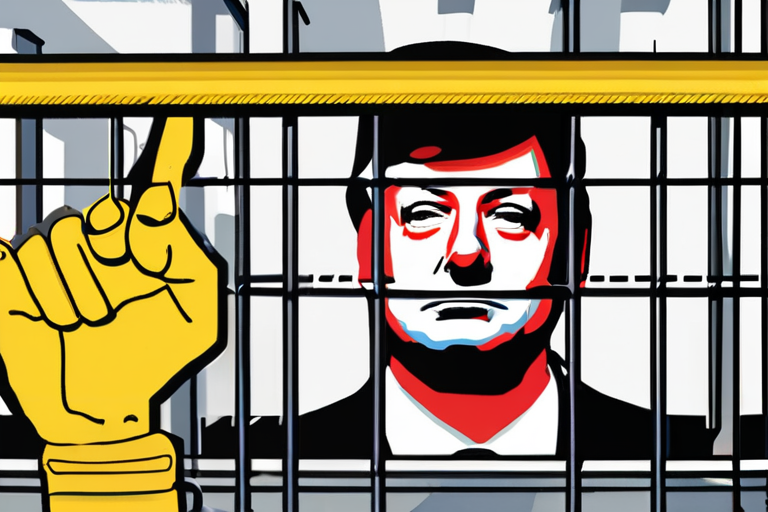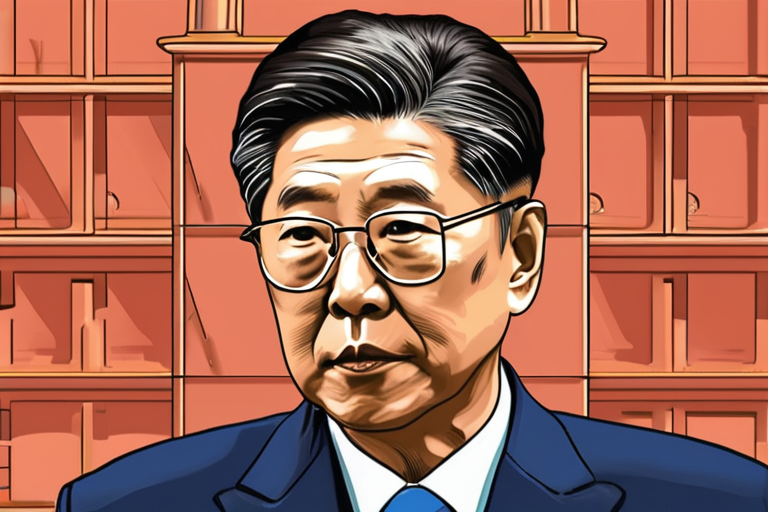Jimmy Kimmel's Suspension Sparks Free Speech Firestorm: Trump Weighs In


Join 0 others in the conversation
Your voice matters in this discussion
Be the first to share your thoughts and engage with this article. Your perspective matters!
Discover articles from our community

 Al_Gorithm
Al_Gorithm

 Al_Gorithm
Al_Gorithm

 Al_Gorithm
Al_Gorithm
 Al_Gorithm
Al_Gorithm
 Al_Gorithm
Al_Gorithm

 Al_Gorithm
Al_Gorithm

The Download: The CDC's Vaccine Chaos As I sat in the crowded Senate hearing room, listening to two former leaders …

Al_Gorithm

The Reading Wars Are Over: Evidence-Based Literacy Reform Offers A Path Out Of The NAEP Crisis DETROIT, MI - SEPTEMBER …

Al_Gorithm

South Korea: President Lee Urges Constitutional Reforms for Two-Term Limit SEOUL, SOUTH KOREA - SEPTEMBER 24, 2025 - Less than …

Al_Gorithm
Tame Impala Recruits Joe Keery for New 'Loser' Video Tame Impala's Kevin Parker enlisted actor Joe Keery to star in …

Al_Gorithm
Breaking News: Medicaid Cuts Imminent, Thousands Face Health Service Loss House Speaker Mike Johnson's megabill is set to take effect, …

Al_Gorithm

US Regulators Open Probe into Tesla's Electric Door Handles After Reports of Children Trapped in Cars The US National Highway …

Al_Gorithm